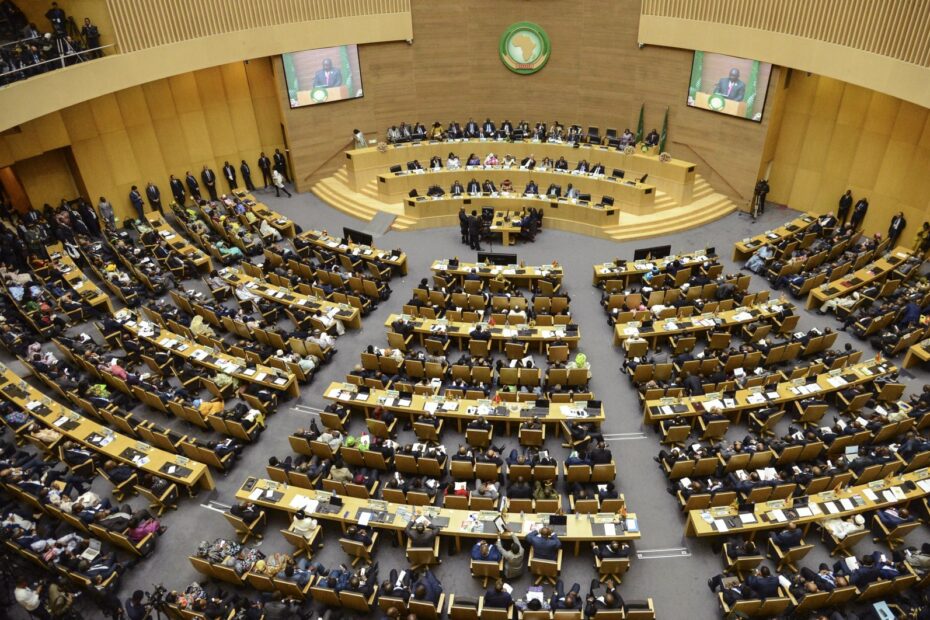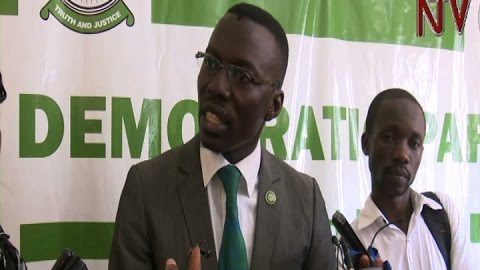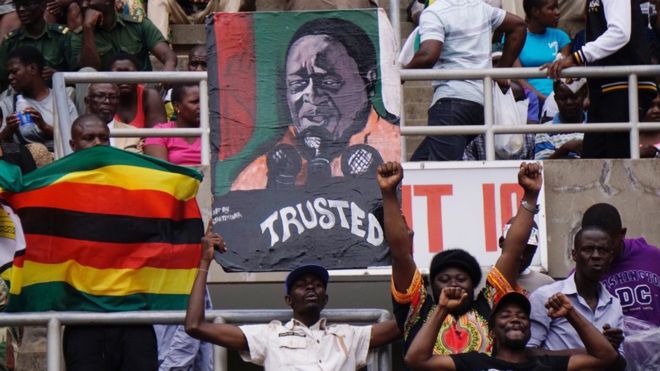Four employees of the Uganda Wildlife Authority -UWA have been dismissed.
This results from the authority’s internal audit over the Gorilla tracking permits fraud experienced late last year.
Some Shs500 million was reported lost in the fraudulent sale of gorilla and chimpanzee tracking permits, which called for a forensic audit into the matter. So far seven cases have been conclusively investigated.
While addressing journalists ahead of World Wildlife Day, UWA executive director Samuel Mwandha, noted that in addition to these determined cases, the authority still has seven more cases that are being investigated, whose outcome will be publicized.
Mwandha adds that the decisions taken by the authority are not related to probes being conducted by the auditor general or CID over the same matter.
“Since January, the Auditor General has been sited in UWA, undertaking the work, but it has taken longer than it was thought,” he explained. “The Uganda police is also handling the issue, and their report goes to the Director of Public Prosecutions. They have gathered adequate information from us, we have collaborated and many of us including myself, have already recorded our statements, only waiting for their final report which I hope will end to the prosecution of those who participated in the fraud,” he explained.
To prevent the reoccurrence of the fraud, Mwandha announced that the authority has established an automated purchase system for these permits, which directly interfaces with the main financial platform, and will be able to reflect all tracking permit payments.
He adds that it is currently being used at the headquarters, and will soon be released to the private players.
UWA managed to mobilize up to Shs128 billion in revenues in the previous financial year, with gorilla tracking permits being the biggest earning item.
About the World Wildlife Day, Mwandha pointed out that Uganda, and UWA in particular, with the help of technology, and civil society, have made strides in wildlife conservation, and several animal populations are consistently recording increases.
He however highlights that human-wildlife conflicts are still a major challenge and several measures have been put in place to avoid them.
Daniel Ndizhikiwe, the World Wide Fund for Nature (WWF) manager for wildlife and protected areas, points out that there is a need to completely change the wildlife monitoring and conservation approaches, to leverage more on digitized systems that are more effective and low-cost.
According to Ndihuzikiwe, digitized methods, ease the management of conservation efforts, become up-to-date, and help to eliminate the persistent human-wildlife conflict across the protected areas.
“For us, we aim to ensure that UWA adopts those approaches, and make sure it makes it a serious emphasis when it comes to management planning in these protected areas and effective resource allocation,” he says.

















